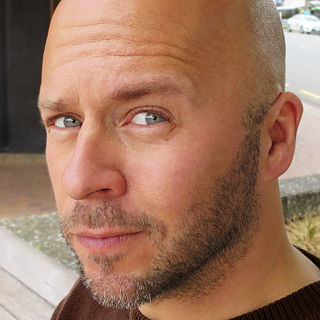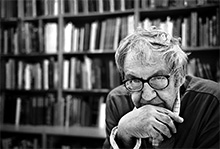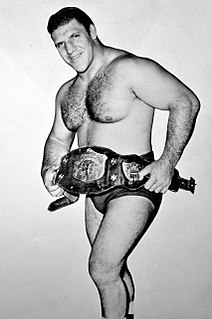A Quote by Derek Sivers
For years, I'd say yes to almost everything, trying to be nice and generous. Feeling obliged to be of service to the world. Maybe also a fear of being forgotten if I don't. But I paid the ultimate price in doing that, because for all those years, I got almost no work done! Some famous authors have written about this: that if they said yes to every request, then they'd never have time to write another book again.
Quote Topics
About
Again
Almost
Almost Everything
Also
Another
Authors
Be Nice
Because
Being
Book
Doing
Done
Every
Everything
Famous
Fear
Feeling
Forgotten
Generous
Got
Maybe
Never
Nice
No Work
Obliged
Paid
Price
Request
Said
Say
Service
Some
Then
They Said
Those
Time
Trying
Ultimate
Work
Work Done
World
Write
Written
Years
Yes
Related Quotes
Not only have we paid the price with our names in ink, but we have also paid in blood. And they can't say that black people can't be intelligent, because going back to Africa, in Guinea, there are almost 4 million people there and what he, President [Sekou] Toure, is doing to educate the people: as long as the French people had it they weren't doing a thing that is being done now.
Everyone always asks, was he mad at you for writing the book? and I have to say, Yes, yes, he was. He still is. It is one of the most fascinating things to me about the whole episode: he cheated on me, and then got to behave as if he was the one who had been wronged because I wrote about it! I mean, it's not as if I wasn't a writer. It's not as if I hadn't often written about myself. I'd even written about him. What did he think was going to happen? That I would take a vow of silence for the first time in my life? "
Well, I mean, yes idealism, yes the dignity of pure research, yes the pursuit of truth in all its forms, but there comes a point I'm afraid where you begin to suspect that the entire multidimensional infinity of the Universe is almost certainly being run by a bunch of maniacs. And if it comes to a choice between spending yet another ten million years finding that out, and on the other hand just taking the money and running, then I for one could do with the exercise.
I go into every meeting, into every room and for every speech understanding the standard deviation, the Bell Curve. I know there are about 10-15 percent of people in the room, who say, "I've been trying to say this for years. Finally. I agree. Yes, yes, yes." I know there are about 15 percent of the people in the room who think I'm an idiot, who think I don't know what I'm talking about, who think I'm naive or I have oversimplified everything. The majority who are open to the ideal.
Your life is like a book. The title page is your name, the preface your introductions to the world. The pages are a daily record of your efforts, trials, pleasures, discouragements, and achievements. Day by day your thoughts and acts are being inscribed in your book of life. Hour by hour, the record is being made that must stand for all time. Once the word 'finish' must be written, let it then be said of your book that it is a record of noble purpose, generous service, and work well-done.
Total oblivion is the fate of almost everything in this world. I'm very likely to suffer that same fate; my work will probably not be remembered, and if any of it is, if any of those novels is fated to be one of those novels that is still being read 50 or 100 years after it was written, I've probably already written it.
After my first novel, my mother said to me, 'Why don't you make your writing more funny? You're so funny in person.' Because my first novel was rather dark. And I don't know, but something about what she said was true. 'Yes, why don't I?' Maybe I was afraid to be funny in the writing. But since then, seven books later, almost everything I've done has a comedic edge to it.
If the Book of the Law could be forgotten for so many years, who knows what was done to it during those years? Maybe it was lost later, too. And another one replaced it, and that one is no longer the original text. These are questions that perturb me much more than whether it's history or not history.
Some people spend their entire lives thinking about one particular famous person. They pick one person who's famous, and they dwell on him or her. They devote almost their entire consciousness to thinking about this person they've never even met, or maybe met once. If you ask any famous person about the kind of mail they get, you'll find that almost every one of them has at least one person who's obsessed with them and writes constantly. It feels so strange to think that someone is spending their whole time thinking about you.



































